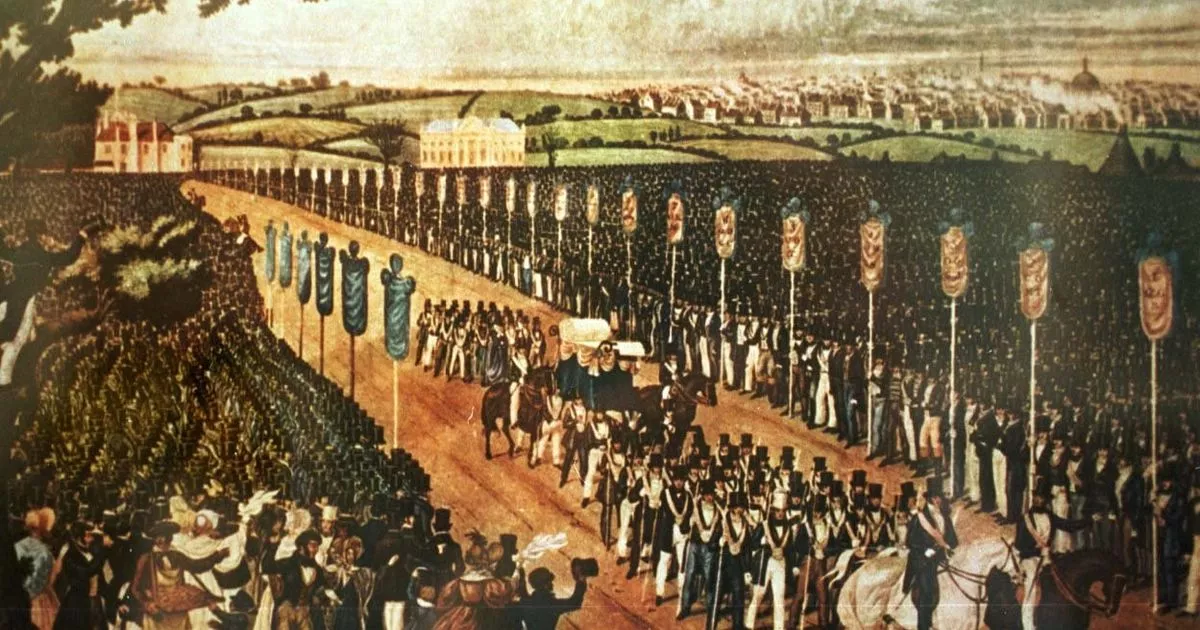In 1834, six agricultural laborers from Tolpuddle, Dorset, England, formed the Friendly Society of Agricultural Labourers to protest wage reductions that had plunged them into poverty. Although trade unions were technically legal, the British government, wary of organized labor, invoked an obscure 1797 law against “unlawful oaths” to prosecute them. Consequently, these men—James Brine, James Hammett, George Loveless, James Loveless, John Standfield, and Thomas Standfield—were convicted and sentenced to seven years of penal transportation to Australia.
The harsh punishment sparked widespread public outrage. Mass protests and petitions, supported by figures like Lord John Russell, led to their pardon in 1836. By 1839, all had returned to England, with some later emigrating to Canada. Their ordeal galvanized the early trade union movement, highlighting the struggle for workers’ rights and the importance of legal protections for collective action.
Today, the Tolpuddle Martyrs are commemorated as pioneers of labor rights. Annual festivals in Tolpuddle celebrate their legacy, and memorials, including one in Canberra, Australia, honor their contribution to social justice. Their story underscores the enduring impact of collective action in challenging injustice and shaping labor laws that protect workers’ rights.

Leave a Reply